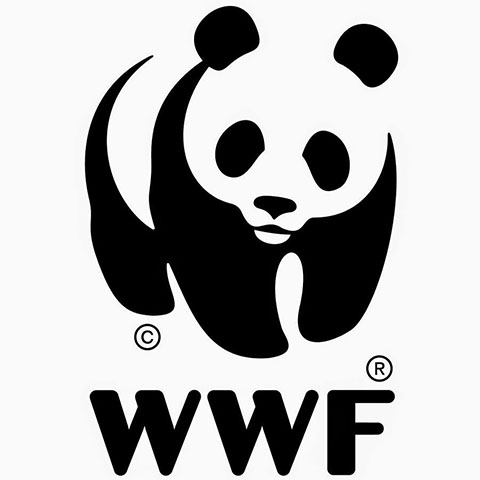By David Singh, director WWF Guianas and Aiesha Williams, country manager Guyana of WWF Guianas
More than 12,000 km from the Guianas a devastating oil disaster is unfolding on the coastline of the island of Mauritius. Hundreds of tonnes of oil are threatening unique wildlife, corals and wetlands after a stranded Japanese carrier broke in two. This might seem far away, but it is in fact a sharp reminder for the Guianas to be very mindful of the risks of extraction and transportation of oil.
The oil boom in our region will be a reality in a few years. It can elevate Guyana and Suriname to cash-rich countries in less than one generation. And the income – if used wisely – can build a sustainable economy for generations to come. But oil can also make our societies poor if we don’t learn from the past, from others, and ignore the risks of oil production.
Controversial flaring
Watertight legislation and agreements with oil companies, strong institutions, and strict enforcement are needed to prevent our priceless wildlife and natural heritage from a devastating oil spill like in Mauritius. The controversial offshore flaring by ExxonMobil in Guyana that has been going on for months, shows us that environmental rules should not be open for dual interpretation.
The large amounts of greenhouse gases and other pollutants that have been released into the air should have been avoided. In the case of an avoidable oil spill, because of shortcomings in legislation and enforcement, the damage to the environment will be many times higher. And it will be a long time that the full costs will be known, much less liabilities established.
Witnessing a disaster
In Mauritius we are witnessing such a disaster now. The tragic oil spill will have immediate and long-term effects on the critical coastal ecosystem and the communities and businesses that depend on these resources for their livelihoods. Commercial fish stocks will likely collapse and the wildlife at risk includes large seagrass blankets, mangrove trees, unique wetlands, endemic endangered birds and the green turtle.
It is not the first oil related disaster in the region. In 2008 there was a mass stranding of dolphins following underwater seismic sounding by ExxonMobil in northwestern Madagascar, which lies just west of Mauritius. The government of Mauritius can and should claim compensation for the damage the oil spill is causing. But a compensation will never make good the loss of natural resources on which the population depends.
Lessons for Guyana and Suriname
What can the Guianas learn from this? Unfortunately, there are no guarantees that an oil disaster will not happen. But Guyana and Suriname should respond by developing and harmonizing proper legislation and negotiate agreements with oil companies to make the risk of an oil disaster and other forms of pollution as small as possible, before we are swept away with the lure of fast oil money.



